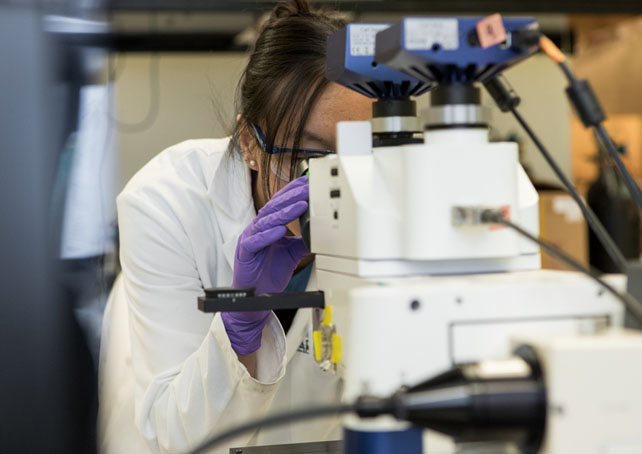Featured Stories
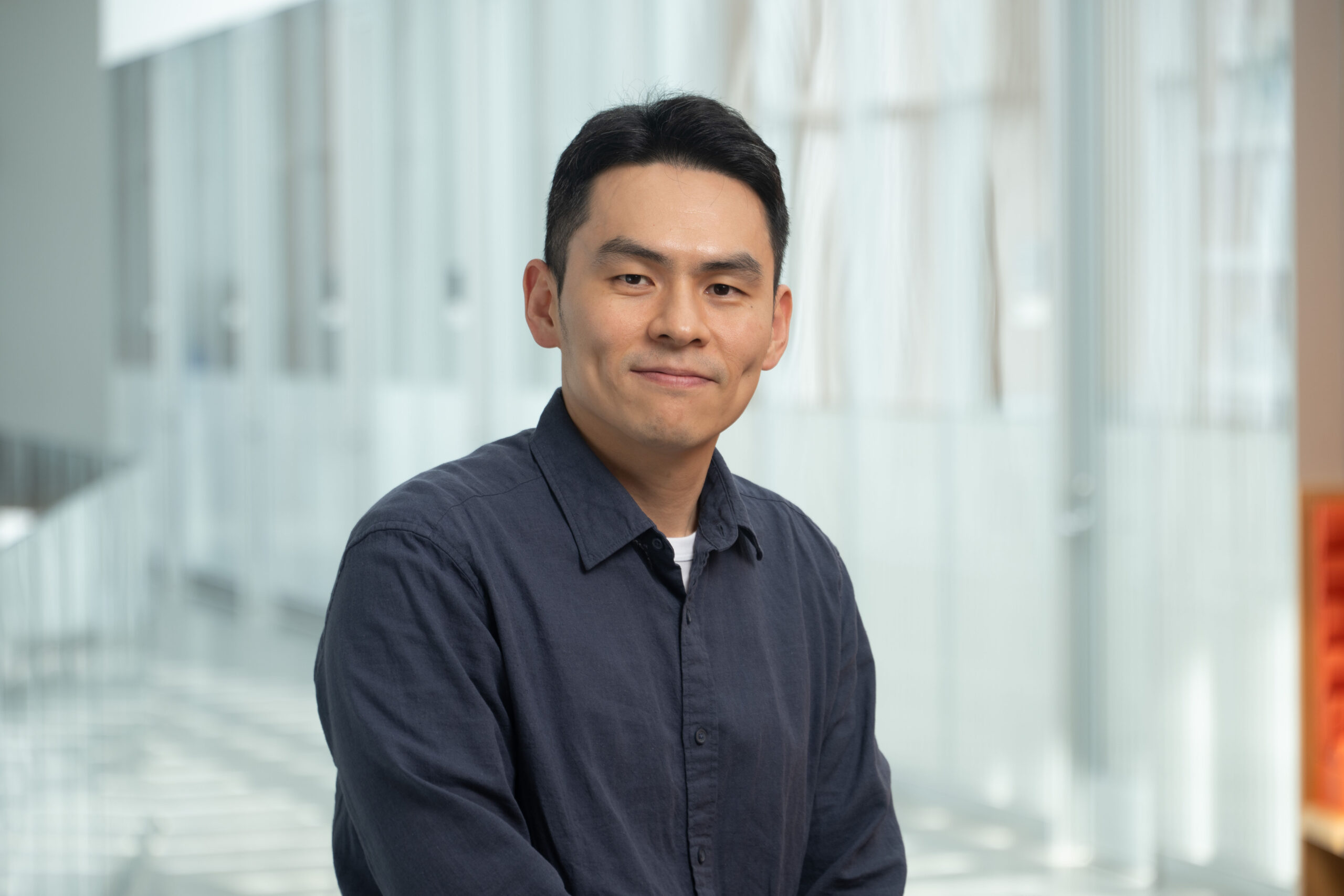
Professor Kim Named 2025 Packard Fellow for Science and Engineering!
Congratulations to Professor Dohyung Kim, who has been named a 2025 Packard Fellow for Science and Engineering.
This prestigious honor recognizes early-career researchers pushing the boundaries of discovery. Professor Kim’s work focuses on the intersection of chemical engineering and materials science, advancing new strategies for energy-efficient and sustainable technologies.
Click here to read more.
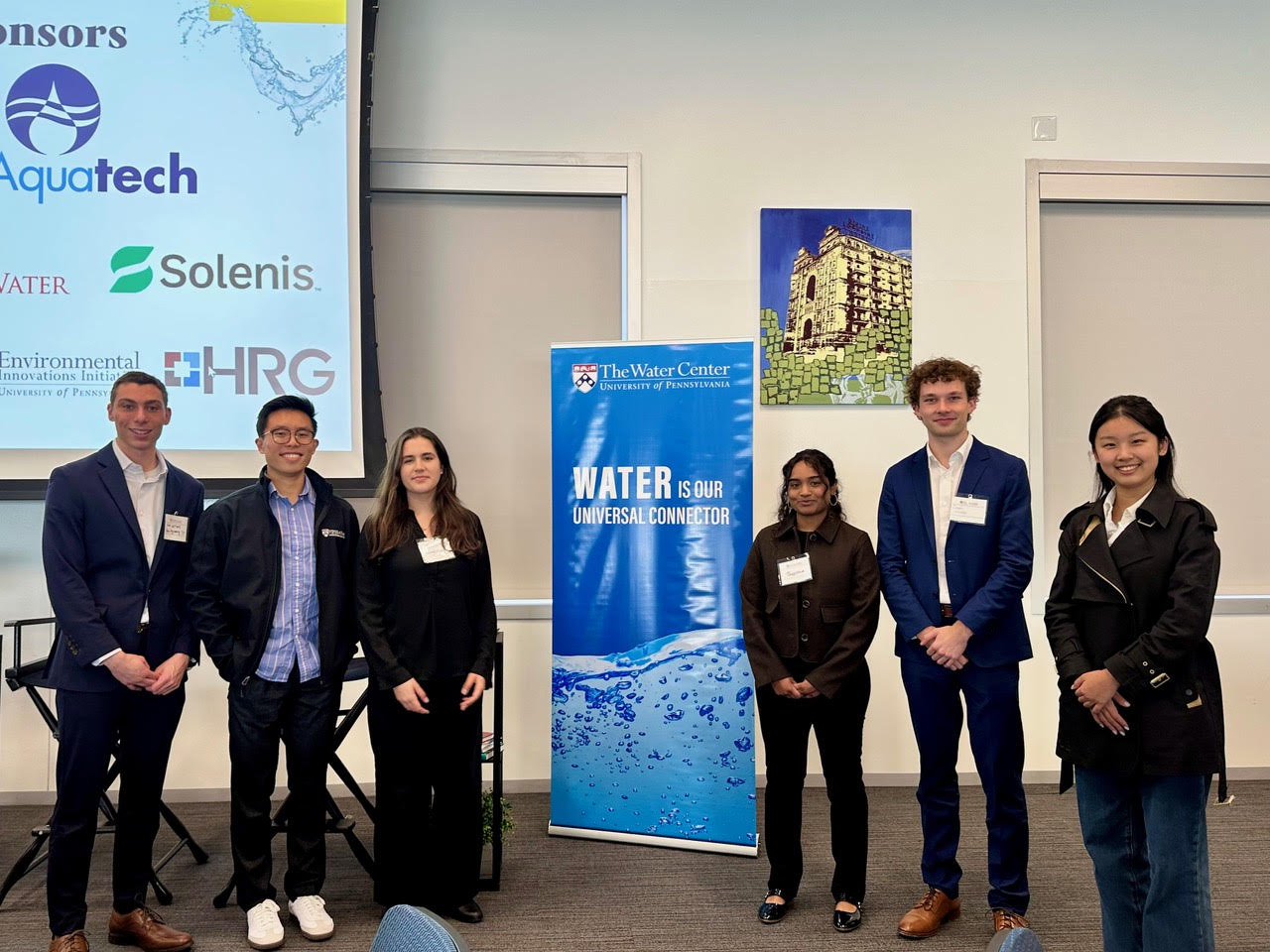
CBE Juniors Win Penn Water Center's 2025 Student Water Innovation Award!
A team of CBE juniors— Angelica Dadda, Gina Lin, Theertha Vannemreddy, and Max Huang— earned first place and a $2,000 prize in the Penn Water Center’s 2025 Student Water Innovation Competition for their innovative design to retrofit power plant cooling towers for water reuse and loss reduction.
Their polymer-coated copper mesh system promotes efficient condensation and heat transfer, addressing critical sustainability challenges in arid regions. The team, along with Jack Leitzell, will use their funding to build a bench-scale model and present their work at the WERC Environmental Design Contest in New Mexico this April.
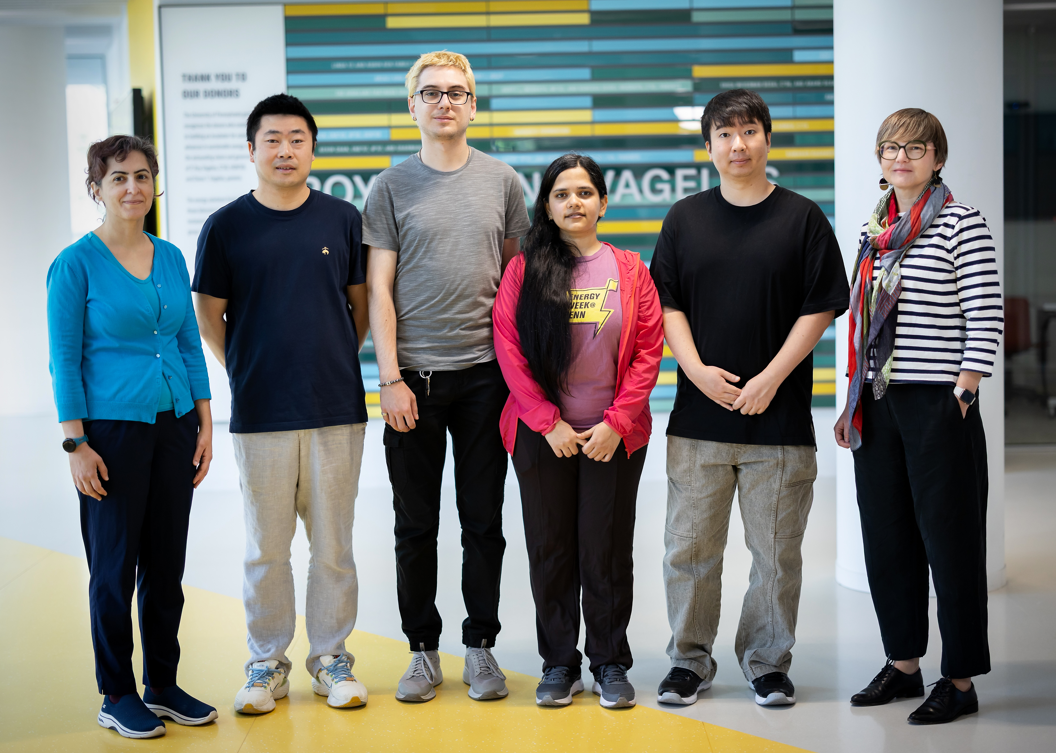
Possibilities that come from a new class or 2D Multi-metal materials
From semiconductors to sensors, the next generation of electronic devices will rely on smarter, more precise materials. Professors Aleks Vojvodic and Zahra Fakhraai are combining cutting-edge computation with innovative experiments to design materials at the molecular level. By bridging theory and practice, their work is uncovering the fundamental rules that govern how molecules interact—opening the door to new breakthroughs in electronics, energy, and beyond.
To read the full story in Penn Today, click here.
To learn more about the study, click here.

Professor Gao to receive Early Career Award in Chemical Engineering!
Congratulations to Professor Gao for receiving the the Division Early Career Award in Food, Pharmaceutical, and Bioengineering!
The Award recognizes an outstanding young member of the food, pharmaceutical, and bioengineering community who has made exception contributions of a fundamental nature and/or of practical significance to industry and industrial practice.
Click here to learn more about the AIChE Award.
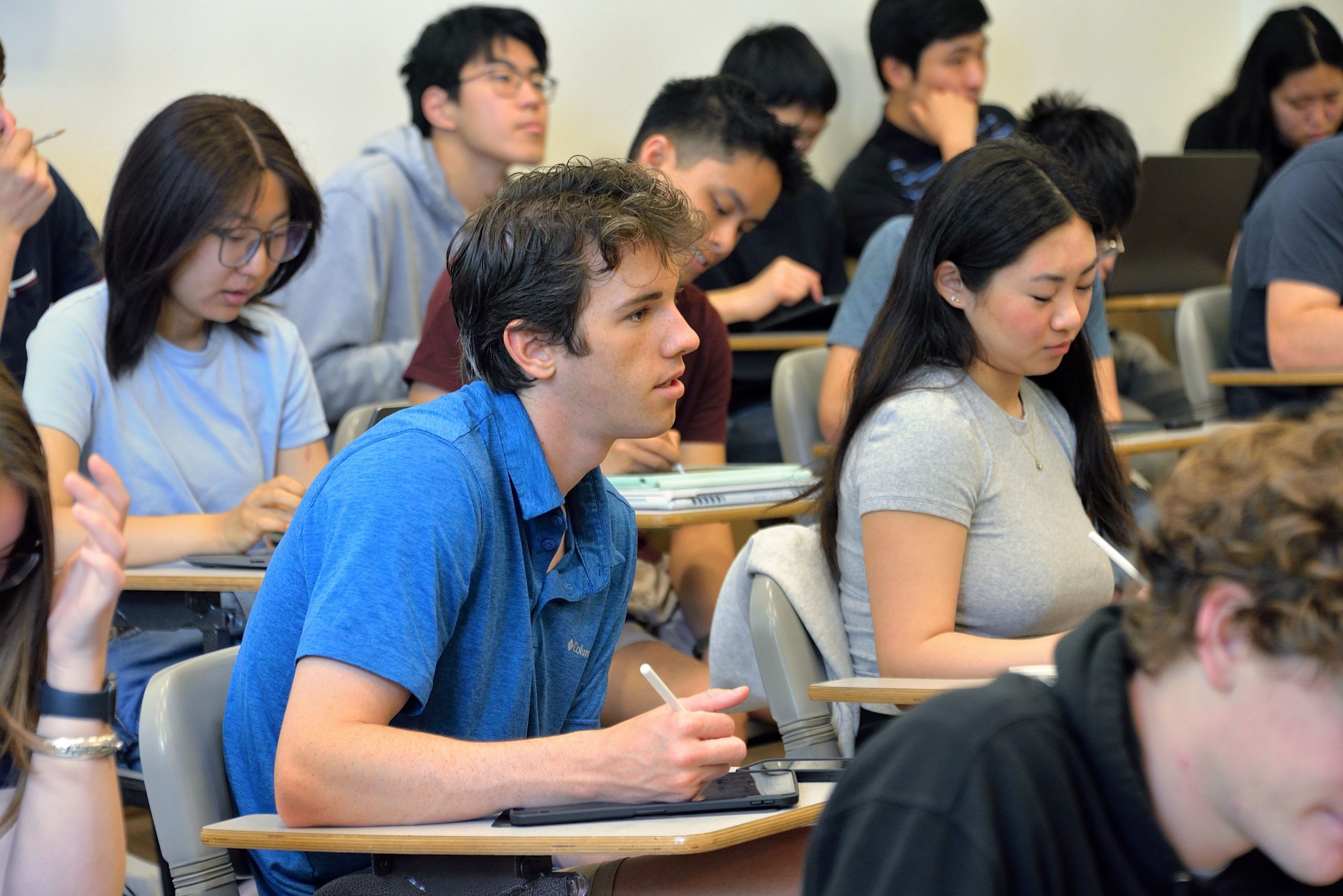
Rethinking Chemical Product Design Education
Professor Warren Seider, alongside design instructors from around the world, co-authored an article calling attention to a critical gap in traditional chemical engineering design courses: the emphasis on manufacturing processes over innovative product design.
The authors argue that students should be taught how to create new, consumer-driven products using the latest research—an approach that could also help reverse declining enrollments in the field.
As Dr. Jeffrey Cohen (Johnson & Johnson) notes, chemical engineers are uniquely positioned to design high-value, sustainable products using cutting-edge methods and technologies.
Interested in how design education can evolve? Read the full article and explore how to teach modern product design courses in the Supplemental Material.
CBE Events
CBE Doctoral Dissertation Defense: “Colloidal Propulsion by a Topological Flagellum in a Nematic Liquid Crystal” (Jacky Zhang)
CBE Seminar: “New Technologies for Delivery of Nucleic Acids and Proteins to Plants” (Markita Landry, UC Berkeley)
Announcements
Why Penn CBE?
Penn’s Chemical and Biomolecular Engineering program offers exceptional preparation for a life in research, academia, business, or industry. Our faculty are at the forefront of the discipline. An emphasis on the basics of engineering science combined with leading edge research is key to the great power and flexibility that a Penn Engineering degree provides in a rapidly changing technological environment.
Learn More
